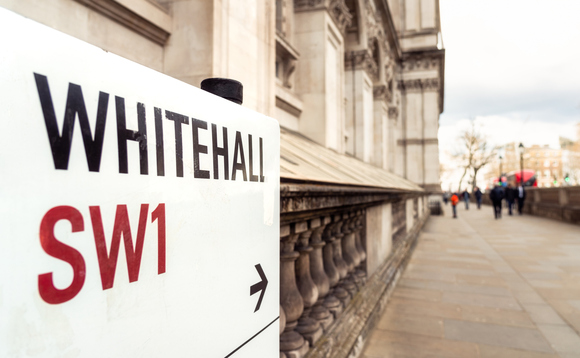
Business owners who pay themselves a small salary and then take dividends as payments will be hit by the reduction in dividend allowances over the next two years, as announced in the Autumn Statement.
Chancellor Jeremy Hunt today (17 November) confirmed the move, which will have notable impacts on how small advice business owners choose to manage their finances.
Canada Life said the statement makes "miserable reading" for owners of small businesses and employers. It explained changes outlined in the statement meant they would pay more tax personally - plus this could be at a higher rate, especially for those taking income of more than £125,140 from next tax year.
"This reduction in the dividend allowance combined with an increase in corporation tax will mean less money for business owners," said Royal London pensions and legal expert Clare Moffat.
"For those who live on dividend income this increase, as well as the freeze on the higher rate threshold, could mean more dividends being subject to higher rate dividend tax."
This is not the only pain felt by these individuals and companies however, Tully added.
"Small business owners are being hit by all sides by these announcements. There is much not relief for them and at a time when the Energy Relief Scheme (ERS) is coming to end for businesses in March 2023, all adding to their costs, which some may find a struggle to pay."
Federation of Small Businesses national chair Martin McTague said it was a "welcome relief" the ERS will move through to next year at all.
"Going forward, continued support should not be viewed through the narrow lens of specific sectors, but rather based upon the size of a business," he said. "The chancellor may consider that today's statement has steadied the economic ship after recent turbulence. But it is now time to raise the anchor, re-start the engines, and set a course towards economic recovery, promoting enterprise and innovation, and future prosperity.
"The changes set out by the chancellor will leave a company director earning £40,000 a year more than £500 worse off than an employee earning £40,000 and paying income tax and National Insurance (NI).
"Freezing the threshold for employer NI at a time of such high inflation is a stealthy hike in the jobs tax, just as recessionary pressures threaten an increase in unemployment."
A freeze on Class 1 secondary NI contributions for employees - the secondary threshold - was also announced today at £9,100 from April 2023 until April 2028.
This is set to increase the tax burden on employers by an estimated £5.8bn a year by tax year 2027/28 at a time when the reversed corporation tax increase will also hit them from April 2023, moving up to 25% for companies with profits of more than £250,000.
"Companies with less than £50,000 profit will see no change and remain at 19% and those companies between £50,000 and £250,000 of profits will pay the main 25% rate but with some relief applied," Canada Life said.
"This reversal is set to increase HM Treasury receipts to £18.7bn a year from tax year 2027/28."




No comments :
Post a Comment